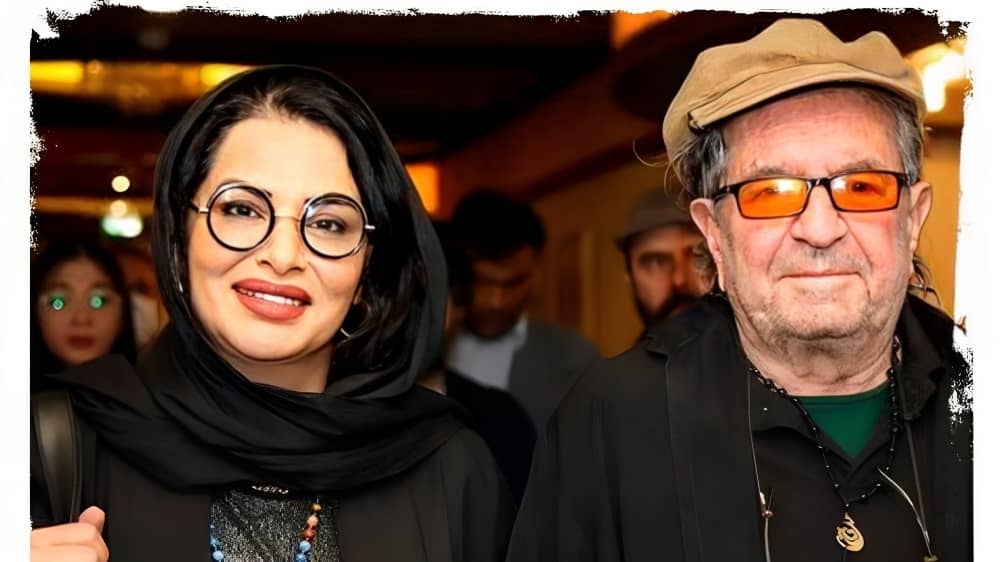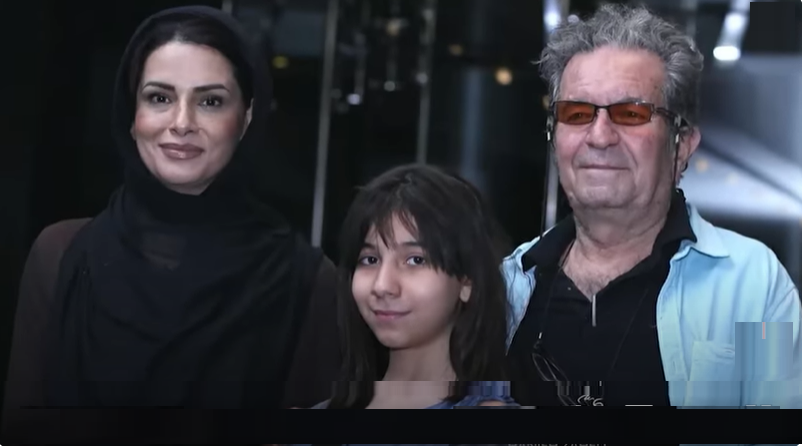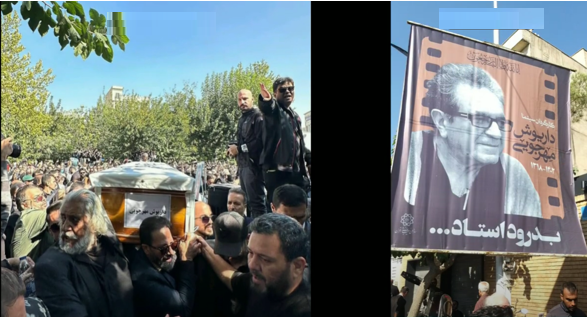
In a shocking event that has sent ripples across the country and beyond, revered Iranian film director, Dariush Mehrjui and his wife, Vahideh Mohammadi-Far, were found murdered in their Zibadasht residence on Sunday.
The unsettling circumstances surrounding their deaths are a grim reminder of the chain murders that dominated the Iranian landscape during the late 1990s.
Mehrjui’s daughter, Mona Mehrjui, discovered the gruesome scene on Sunday evening during a visit. Her immediate call to the authorities set off a whirlwind of investigations, leading to the apprehension of four suspects linked to the heinous act. While the Iranian state media remains somewhat reticent, pointing fingers at “unidentified perpetrators”, there’s a palpable undercurrent of suspicion within the Iranian society, given the history of politically motivated assassinations.
Etemad newspaper, on Sunday, brought to light an eerie account by Mehrjui’s wife from October 7, where she spoke of an unknown individual, armed with a knife, lurking outside their home. Disturbingly, she noted the man’s non-Iranian accent when he boldly dared her to inform the police.

Furthering the enigma, the report indicated no signs of resistance on Mohammadi-Far’s body, and the theft of two mobile phones from the premises.
Fars News Agency, affiliated with the Islamic Revolutionary Guard Corps, reported that Mehrjui suffered three fatal blows to the throat while Mohammadi-Far was struck on the temple.
Historically, the late 1990s witnessed a series of chain murders targeting Iranian dissidents, intellectuals, and writers advocating political reform or voicing criticisms against the regime. These assassinations, marked by a chilling consistency in execution – primarily strangulation and stabbing – were eventually linked to agents deep within the ruling establishment, mainly from the Ministry of Intelligence and Security (MOIS).
Who is Esmail Khatib, Iran’s Minister of Intelligence (MOIS)
The Ministry of Intelligence (MOIS) is now headed by a person who perfectly mirrors the entire establishment of terror and suppression.#Iran #ProsecuteRaisiNOW
https://t.co/nFNpSVDa8s— NCRI-FAC (@iran_policy) September 22, 2021
The eventual revelation that these orchestrated murders were masterminded by Saeed Emami, the then-Deputy Minister of Intelligence and Security, sent shockwaves through the nation. Although the MOIS scrambled to control the narrative, framing Emami and purging nearly 1,000 of its agents, skepticism lingered. The Intelligence and Security’s close ties with the Supreme Leader’s office only reinforced public doubts about the true depth of the government’s complicity.
Mehrjui’s demise comes on the heels of his emphatic video release, a year and a half ago, wherein he denounced the Minister of Guidance and Culture’s disregard for his rights.

Mehrjui’s undaunted vow to assert his rights, regardless of potential ramifications, appears to have been met with a chilling response reminiscent of Iran’s dark past.

MEK Iran (follow us on Twitter and Facebook), Maryam Rajavi’s on her site, Twitter & Facebook, NCRI (Twitter & Facebook), and People’s Mojahedin Organization of Iran – MEK IRAN – YouTu
